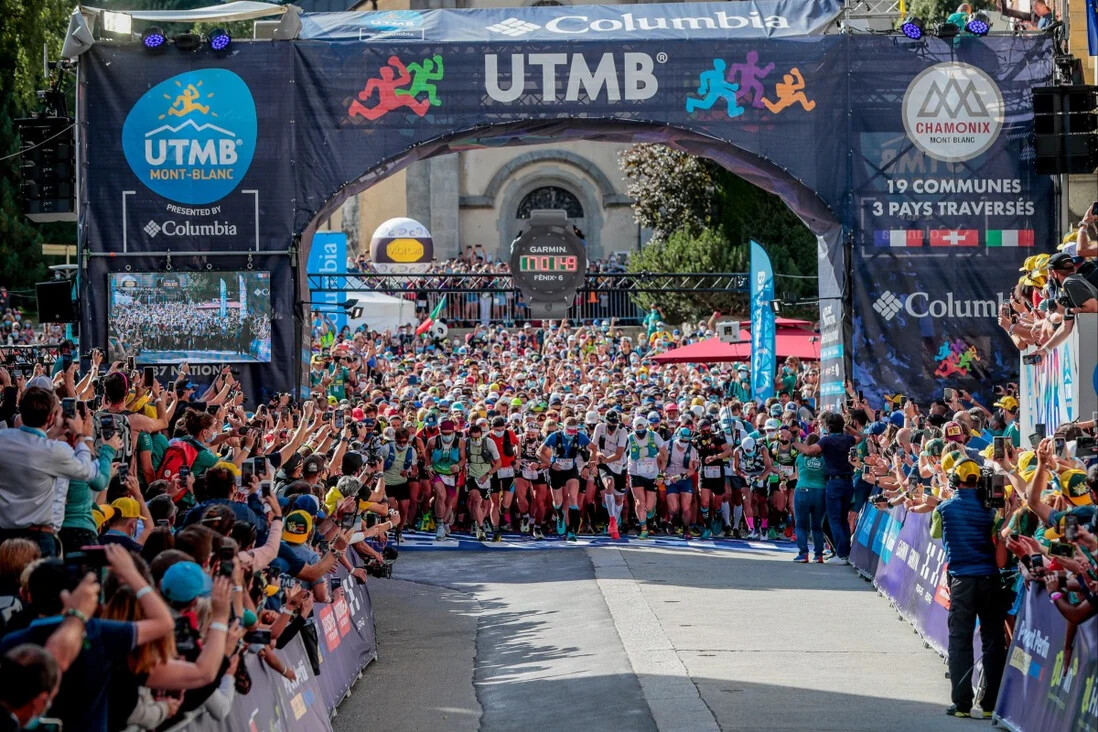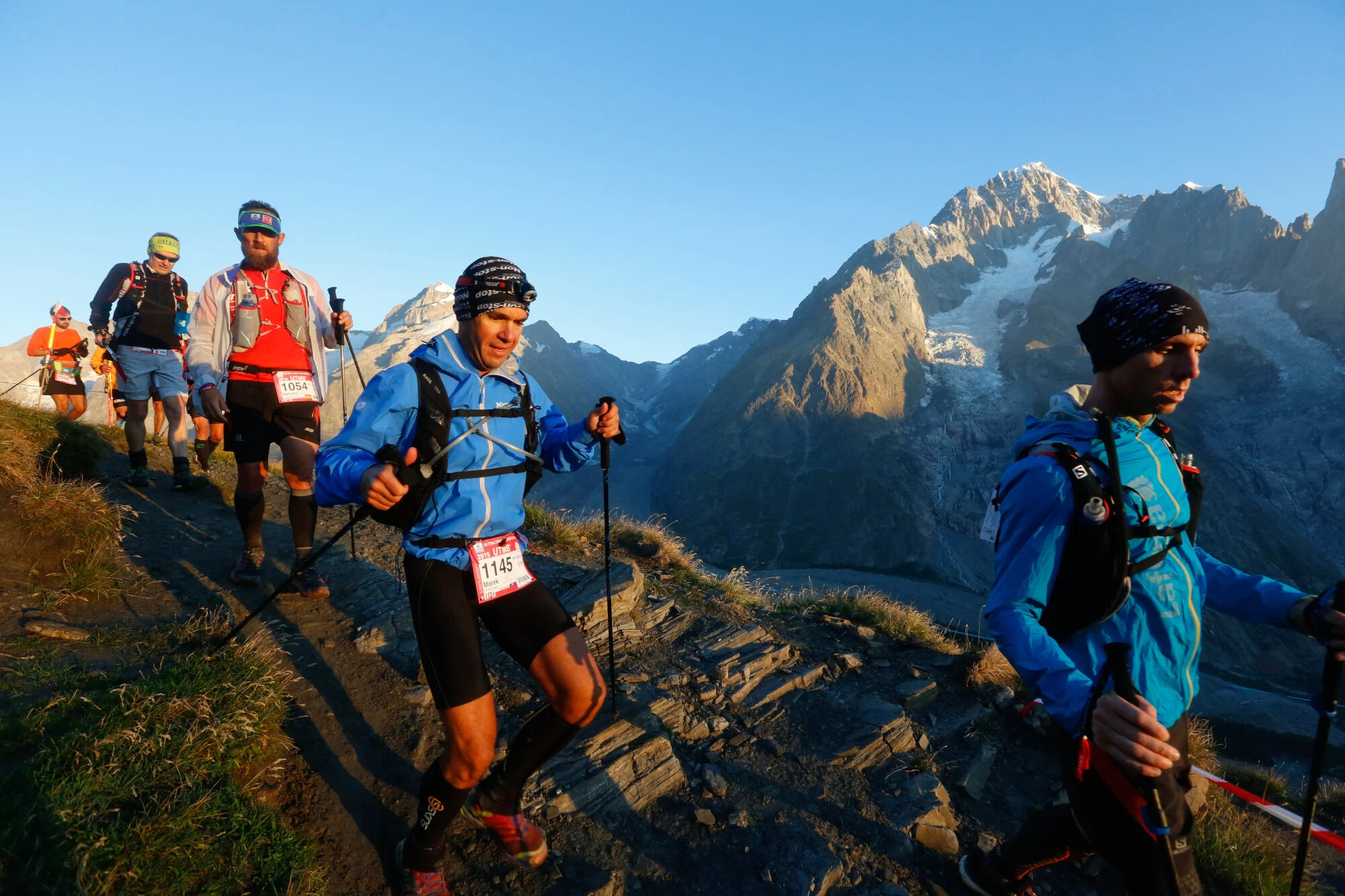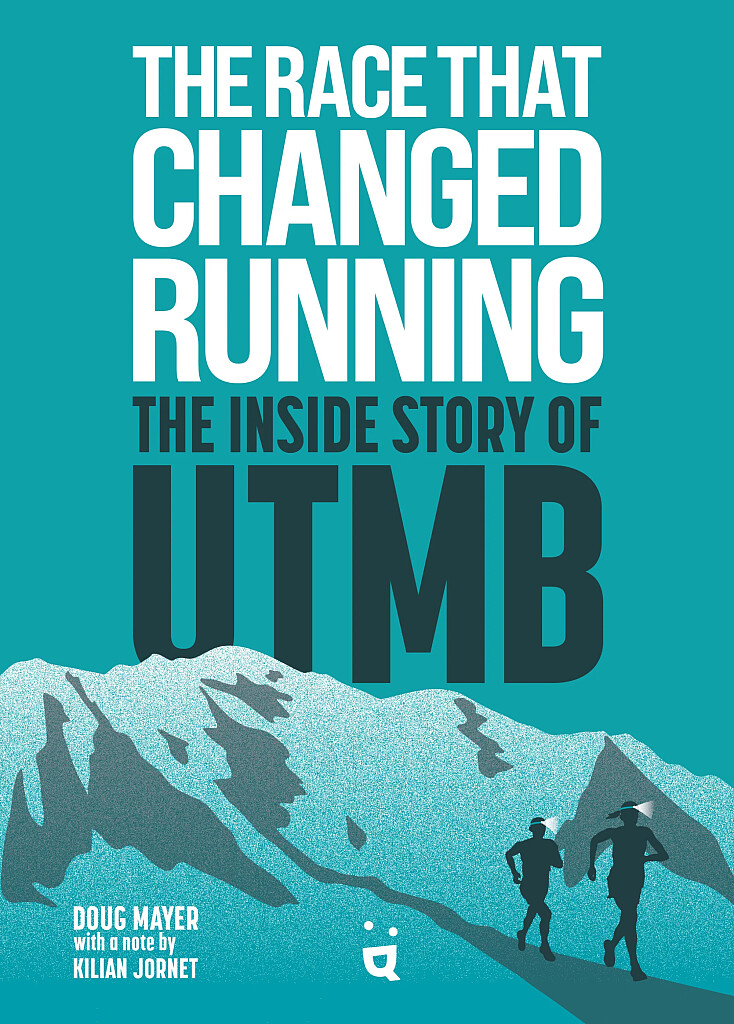Running News Daily
Running News Daily is edited by Bob Anderson. Send your news items to bob@mybestruns.com Advertising opportunities available. Train the Kenyan Way at KATA Kenya and Portugal owned and operated by Bob Anderson. Be sure to catch our movie A Long Run the movie KATA Running Camps and KATA Potato Farms - 31 now open in Kenya! https://kata.ke/
Index to Daily Posts · Sign Up For Updates · Run The World Feed
UTMB book reveals the history of the famous event delving into controversy over prize money and the people behind the race
A new book to mark the 20-year anniversary of the Ultra Trail du Mont Blanc (UTMB) highlights the human story behind the event, contextualising controversies such as prize money.
“I don’t always agree with the founders’ decisions personally but I always found the answers very interesting and it gave me more perspective and understanding,” said Doug Mayer, 58, the book’s author.

The book – The Race that Changed Running: The Inside Story of the Ultra Trail du Mont Blanc – details the history of the UTMB with interviews with the founders Michel and Catherine Poletti.
The race is the most high-profile event in trail and ultra running. The main event is the 171km race from Chamonix, all the way around the Mont Blanc Massif, through Italy and Switzerland and back to Chamonix in France.
During the week, there are also other races: the 145km TDS, the 100km CCC and the 56km OCC.

The UTMB has often been criticised for being too commercial. They have expanded to different countries with races “by UTMB” and recently partnered with Iron Man to make a world series, through which runners can qualify for the main event in Chamonix.
The founders of the UTMB check the book for accuracy, but they were not allowed to change anything, and had no editorial control.
He did not shy from asking controversial questions. Some of his critical views of the race have been softened by the human side of the answers.
For example, the UTMB seemed to be making money, but offering little or no prize money to its runners, attracting a lot of controversy.
“It turns out that Catherine had been the treasurer of the Marathon Mount Blanc [a different race] many years ago at a time when East African runners were winning and she was writing cheques out to their managers,” Mayer said.
“She knew exactly what was going on – the money wasn’t going to the athletes, it was going to the managers. That horrified her. When she talks about that today, you can hear the indignant tone in her voice.
“That informed their thinking about prize money. For years, they saw prize money as corrupting.”
Since then, trail running has become increasingly professional. Runners and critics, including the Post, called for the UTMB to offer prize money. In 2018, they did. There were calls to give more than a token amount, to recognise that the athletes are professional runners who need to make a living.
Major publications like Outside Magazine had headlines such as “UTMB and ultrarunning’s amateurism problem”.
As of 2022, the UTMB offered US$10,400 to the winners of the UTMB, CCC and OCC, around US$5,200 for second place and US$3,125 for third. Fourth and fifth places got around US$1,500, while sixth to 10th earned US$1,000.
“I think one of their human faults is that they’re slow to change,” Mayer said, adding that he hoped people would be more forgiving of it.
One of the sources of the problems is that people have suggested the Polettis are in it for the money. In the book, the Polettis pointed out that they could have cashed out years ago. They said they wanted to pass the race on to their children.
Even the 40 per cent sold to Iron Man was not the 40 per cent they owned. It was sold to Iron Man by Group Telegram, although Iron Man did buy 5 per cent from the Polettis.
Mayer is American, but lives in Chamonix and speaks French. He has interviewed the Polettis many times but even he was taken on a journey.
“I learned a lot about them and that made them more human,” he said. “They’ve had their struggles, like all of us.”
Michel grew up in Chamonix. After university, he went to Paris to become a computer programmer.
“And he was miserable about it,” Mayer said. “A friend of Catherine said, ‘Well, you guys have a choice. It’s Paris and antidepressants, or it’s back to Chamonix.’ And they went back to Chamonix and moved into the garage of his father.”
They renovated the chalet, and it’s where they still live.
“They’re not the people that a lot of people think they are,” Mayer said. “The race is not entirely the race we think it is.”
Login to leave a comment




